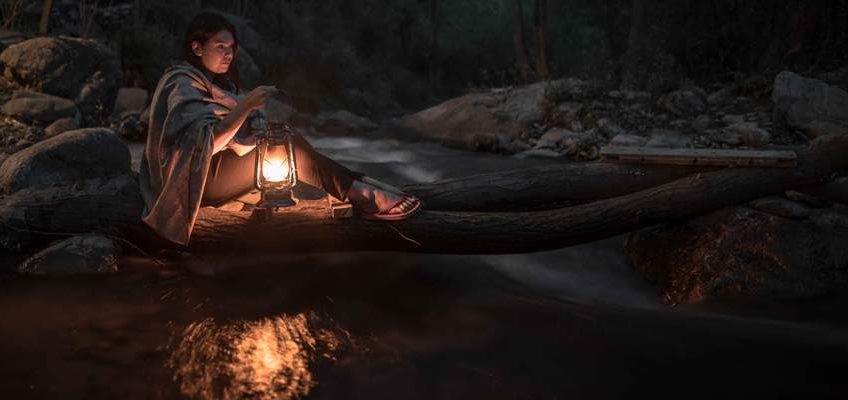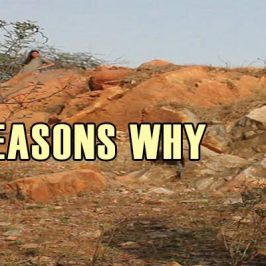When one is aware of the basic tenets of survival, an extreme situation, with possibly no way out, suddenly presents opportunities. A survival situation can turn into a self-reliant situation quite quickly and easily. Of course, the first thing that is required for that is for the head to be screwed on tight and proper. Panic aggravates the problem and does not provide any solution at all, indeed, it complicates matters. With the basic knowledge of survival essentials, one can turn a potentially frustrating and hopeless scenario into something that mimics extreme camping.
Unfortunately for many, this knowledge is extremely limited. Most people are not aware of what to do when faced with an unforeseen situation after things have suddenly turned sour. They could have got lost while chasing a butterfly. An ankle could have been sprained. An earthquake could have flattened the area. A landslide could have washed away an entire side of the mountain, leaving no path to walk on towards safety. This is when most people panic. A happy outing in the woods turns into a survival situation and without the knowledge of what to do, they abdicate their responsibility and depend fervently and entirely on help and rescue arriving from external sources. They spend the next few hours and days in fear and uncertainty, not knowing where the next meal is going to come from.
In major disasters, not only do people lose their homes and other means of livelihood, but there could have been serious injuries, even death in the family, compounding their fear, anxiety and panic. It is for times like these that the knowledge of survival and self-reliance comes into its own. If people caught in a natural calamity are aware of the basic skills of survival, they will not only be able to take care of themselves but also their fellow citizens, ensuring that a bad situation does not become worse.
Preventing a bad situation from getting worse comprises simple knowledge of things like how to purify water to make it potable, how to construct a shelter to protect oneself from the elements, how to set traps to catch food, how to start a primitive fire in order to be able to stay warm, cook food and boil water. How to self navigate. How to signal for help. And of course, survival first aid.
The knowledge of basic first aid is extremely important. If each of us is trained in first aid, we can help ourselves and people around us. Knowledge of procedures such as CPR or the Heimlich Maneouvre can save lives when time is at a premium and the victim can succumb in a matter of seconds.
Knowledge of pressure points to control arterial bleeding can save a person from bleeding to death. If someone is vomiting and on the verge of unconsciousness, or bleeding through the nose, the knowledge of how to place the victim in the recovery position can save his or her life.
All the essentials of survival are basic common sense. If people remember the Rule of 3s, things suddenly fall into perspective. Shelter from the elements become imperative. A fire not only adds to the comfort of the shelter, but also boils water, cooks food, dries clothes and keeps predators away. People forget that the body has enough reserves to not requiring food for almost a month, yet they go haring away looking for food, because the mind compels them to feel hungry. Water is far more essential for the human body ... without adequate hydration one could die in a matter of days if not hours.
Is it essential to learn the basics? Not too many people head into the wilderness for a weekend. How does the knowledge of survival basics help them? Apparently it does not. But if looked at from a macro perspective, the knowledge teaches them to adapt, to improvise, to innovate in order to overcome whatever challenge they are faced with. It makes them more confident and self assured. Those with the knowledge refuse to be defeated by adverse circumstances. It is for this reason also that the knowledge of survival is necessary.
By the way, the same principles also apply in urban areas too. An earthquake can devastate an entire city in a manner of seconds. And suddenly one finds oneself in a survival situation, when one least expected it. Roads disappear, communications are down, infrastructure vanishes, stores close, petrol stations run dry, banks run out of money, hospitals are overworked, the police are busy tackling law and order issues, the authorities are trying to bring the city back to normal. You are on your own and unless you possess the knowledge and skills of survival, you will have a pretty hard time indeed.
So go ahead and learn the basics of survival and self reliance, so that you are never caught off-guard ... ever.










Leave a Reply
You must be logged in to post a comment.